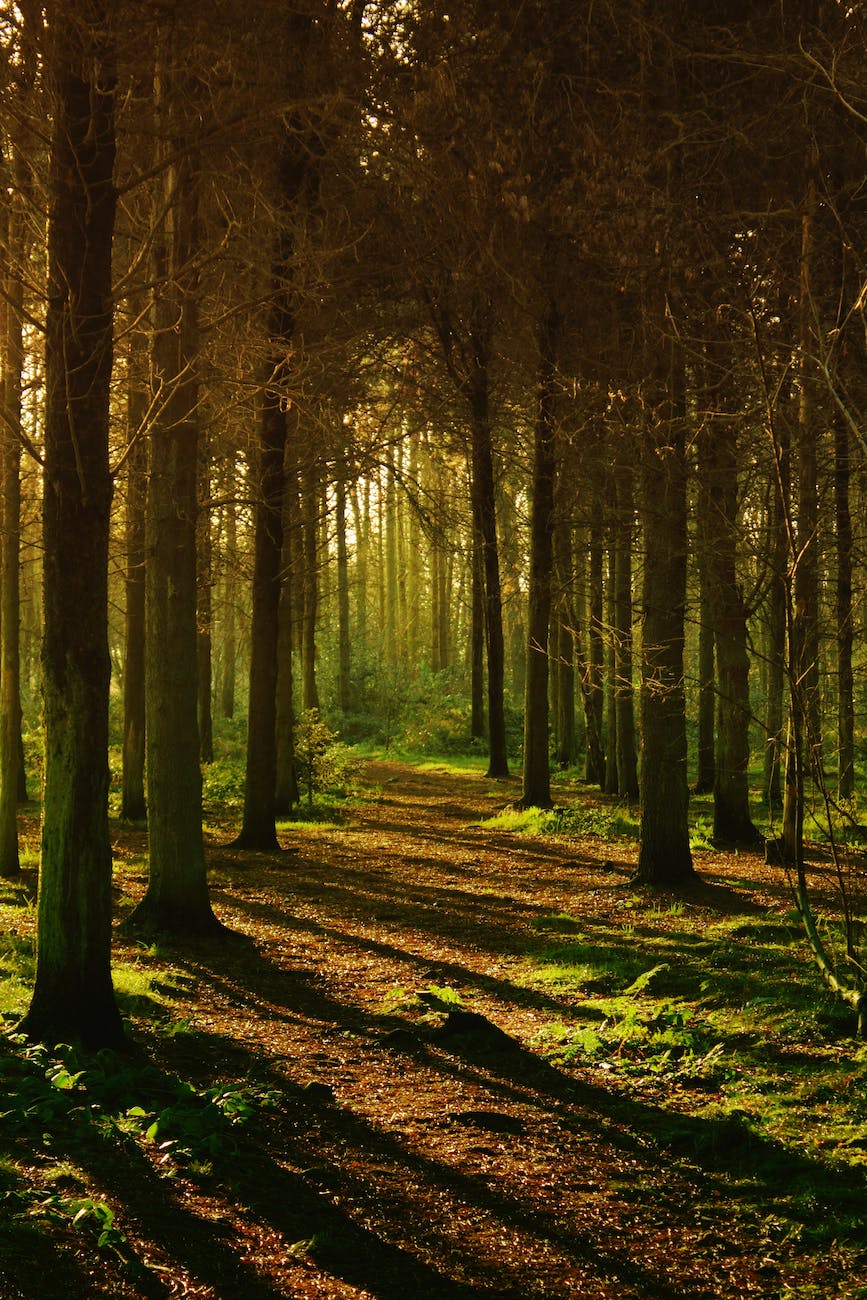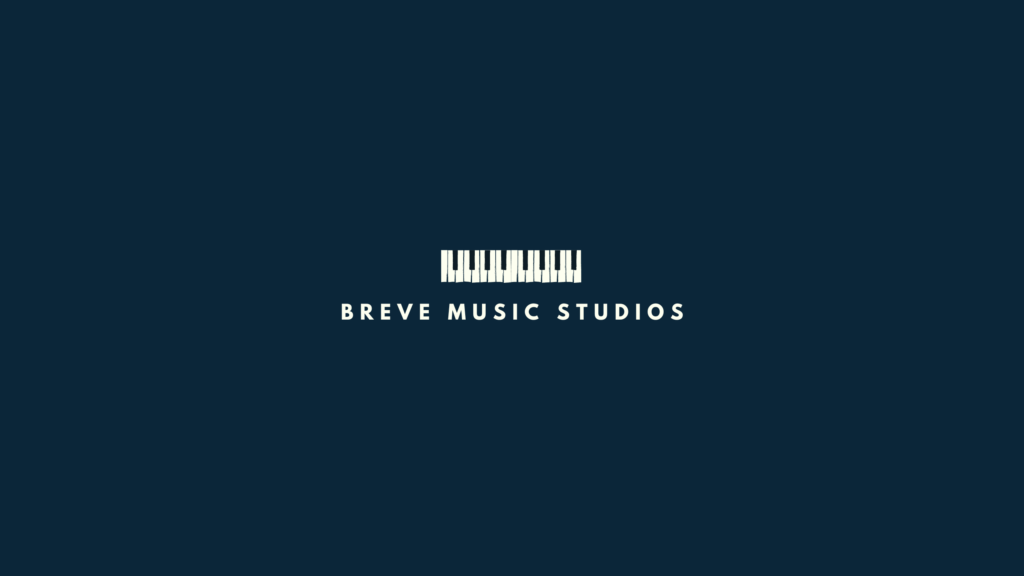Table of Contents
Introduction to the Baroque Era
The Baroque era, spanning from the late 16th century to the early 18th century, was a time of artistic grandeur and musical innovation. This period in music history is characterized by its ornate and intricate compositions, elaborate melodies, and the use of various instruments to create a rich and dynamic musical tapestry.
What defines the Baroque era music?
Baroque music is known for its use of dramatic contrasts, ornamentation, and emotional intensity. Composers of the Baroque era aimed to create music that evoked powerful emotions and stimulated the senses. This led to the development of new musical forms and styles, such as the opera, oratorio, and concerto.
How did the Baroque era impact music composition?
The Baroque era brought about significant changes in music composition. Composers began to explore complex harmonies, intricate melodies, and the use of contrasting textures to create depth and expressiveness in their compositions. This era also saw the emergence of virtuosic instrumental music and the establishment of the basso continuo as a standard practice in music composition.
Who were the prominent composers of the Baroque era?
The Baroque era was home to many legendary composers, including Johann Sebastian Bach, George Frideric Handel, Antonio Vivaldi, and Claudio Monteverdi. These composers played a pivotal role in shaping the music of the Baroque period and their works continue to be celebrated and performed to this day.
What women baroque composers will be discussed?
In this article, we will discuss composers such has Hildegard of Bingen, Francesca Caccini, and Elisabeth Jacquet de La Guerre.
Hildegard of Bingen: A Visionary Composer
Hildegard of Bingen, also known as Saint Hildegard, was a remarkable figure in the history of music, especially during the Baroque era. As a German abbess, mystic, and composer, she is considered one of the earliest known composers in Western music history.
What were Hildegard of Bingen’s contributions to music composition?
Hildegard of Bingen composed an extensive collection of liturgical music, including hymns, antiphons, and sequences. She is also credited with the composition of the morality play, Ordo Virtutum, which is regarded as one of the earliest surviving morality plays.
How did Hildegard of Bingen’s works reflect the spirit of the Baroque era?
Hildegard’s compositions reflected the characteristic elements of Baroque music, such as melodic ornamentation, expressive melodies, and rich harmonic textures. Her music conveyed a sense of emotional depth and spiritual fervor, capturing the essence of the Baroque period.
What influence did Hildegard of Bingen have on future women composers?
Hildegard’s trailblazing accomplishments paved the way for future women composers, inspiring them to pursue musical creativity and expression. Her legacy continues to inspire and empower contemporary female composers to overcome barriers and make their mark in the world of music.
Francesca Caccini: Credited as the First Woman to Write an Opera
Francesca Caccini, an Italian singer and composer, is renowned as the first woman to compose an opera. Born in Florence, she was part of a musical family and received a comprehensive education in music and composition from her father, Giulio Caccini, a prominent composer and music theorist.
What were Francesca Caccini’s notable compositions?
Francesca Caccini’s compositions encompass a wide range of vocal and instrumental music, including operas, madrigals, and songs. Her opera, La liberazione di Ruggiero dall’isola d’Alcina, is historically significant as the first opera written by a woman.
How did Francesca Caccini pave the way for future women composers in the Baroque era?
By breaking gender barriers and achieving recognition for her musical talent, Francesca Caccini laid the foundation for future women composers to pursue their creative aspirations and contribute to the world of Baroque music.
What challenges did Francesca Caccini face as a female composer in the 17th century?
As a female composer in the male-dominated music industry of the 17th century, Francesca Caccini faced numerous challenges, including limited opportunities for formal education and professional recognition. Despite these obstacles, she persevered and left an enduring legacy as a pioneering woman composer of the Baroque era.

Élisabeth Jacquet de La Guerre: A Pioneer in Secular Music
Élisabeth Jacquet de La Guerre, an exceptional French woman composer and harpsichordist, made significant contributions to the world of Baroque music. Her extraordinary talent and innovative compositions earned her recognition as a trailblazer in the male-dominated music industry of her time.
What were Élisabeth Jacquet de La Guerre’s notable musical compositions?
Élisabeth Jacquet de La Guerre excelled in composing a diverse array of music, including sonatas, cantatas, harpsichord pieces, and opera. Her compositions showcased her mastery of intricate melodic lines, harmonic richness, and expressive depth.
How did Élisabeth Jacquet de La Guerre’s work influence the evolution of secular music in the Baroque era?
Élisabeth’s innovative approach to secular music composition expanded the scope and artistic possibilities of Baroque music. Her works contributed to the flourishing of secular vocal and instrumental music, influencing the development of musical forms and styles during the Baroque period.
What was the significance of Élisabeth Jacquet de La Guerre’s role as a female composer in a male-dominated industry?
Élisabeth’s exceptional achievements defied societal norms and stereotypes, establishing her as a trailblazer for future female composers. Her success and artistic contributions demonstrated the exceptional capabilities of women in music composition, inspiring generations of aspiring female composers.
Isabella Leonarda: Celebrated Baroque Composer and Organist
Isabella Leonarda, an Italian composer and nun from Novara, distinguished herself as a prolific composer of sacred music during the Baroque era. Her remarkable musical talent and unwavering dedication to composition and organ performance solidified her reputation as a prominent figure in the world of Baroque music.
What were Isabella Leonarda’s contributions to Baroque music?
Isabella Leonarda’s extensive body of work encompasses a wide range of sacred compositions, including motets, psalms, and sacred concertos. Her compositions reflected her profound spiritual devotion and mastery of intricate polyphony and counterpoint.
How did Isabella Leonarda’s role as an organist impact her compositions?
Isabella’s proficiency as an organist greatly influenced her compositional style, allowing her to incorporate intricate organ textures and harmonies into her sacred music compositions. Her deep understanding of the instrument’s capabilities enriched her compositions, adding depth and richness to her musical expressions.
What were the challenges and triumphs faced by Isabella Leonarda as a female composer in the Baroque era?
As a female composer in a male-dominated musical landscape, Isabella Leonarda faced social and institutional barriers in pursuing her musical ambitions. Despite these challenges, her unwavering determination, unparalleled talent, and sheer perseverance empowered her to create a lasting legacy as a celebrated composer of the Baroque era.
Barbara Strozzi: A Remarkable Vocal Composer
Barbara Strozzi, an Italian singer and composer, was celebrated for her remarkable contributions to vocal music during the Baroque era. Born in Venice, she defied societal conventions and forged her path as a prolific composer, leaving a lasting imprint on the world of Baroque music.
What were Barbara Strozzi’s most renowned vocal compositions?
Barbara Strozzi’s extensive body of work includes a vibrant collection of vocal music, comprising solo cantatas, arias, and madrigals. Her compositions, characterized by expressive melodic lines and emotional depth, reflected her exceptional skill in crafting poignant and evocative vocal music.
How did Barbara Strozzi’s works transcend the traditional constraints of female composers in the Baroque era?
Barbara Strozzi’s compositions were a testament to her artistic prowess and willingness to challenge gender norms. Her ability to create captivating vocal compositions that resonated with audiences defied the conventional expectations imposed on female composers, establishing her as a trailblazer in the world of Baroque music.
What legacy did Barbara Strozzi leave for future female vocal composers in Baroque music?
Barbara Strozzi’s enduring legacy as a pioneering female vocal composer continues to inspire and empower future generations of women in the field of Baroque music. Her groundbreaking achievements and exceptional musical contributions have paved the way for female composers to flourish and leave an indelible mark on the world of music.
Breve Music Studios publishes music to Spotify, YouTube Music, Amazon Music and more. Follow our pages on Facebook, Instagram, Twitter, TikTok, and YouTube.
Listen to our ensembles: Breve Orchestra, Breve Music Ensemble, Breve Low Brass Ensemble, Breve Woodwind Ensemble, and Jermaine Harris on Spotify.
